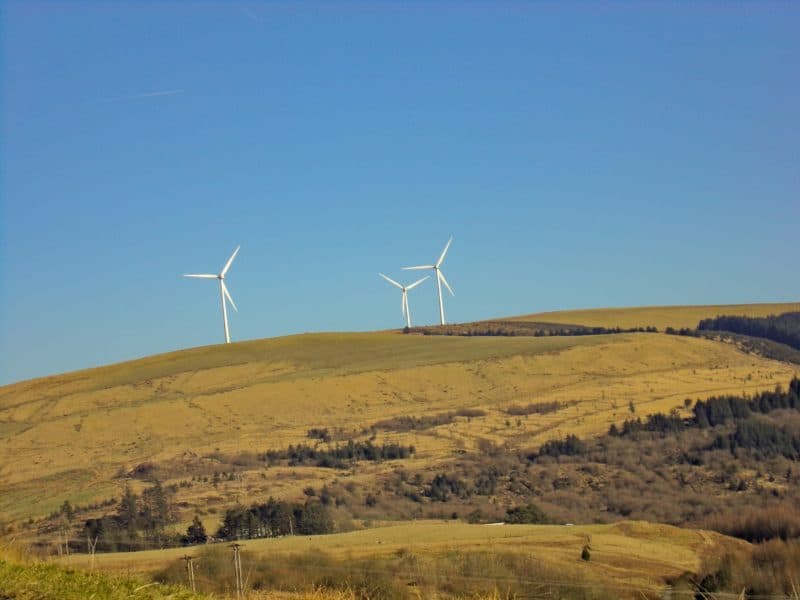Around the world, a growing number of people consider climate change to be one of the greatest global threats their countries face (Poushter & Huang, 2019). Leaders are being called on to do more to address the challenge of climate change and curb their countries’ greenhouse gas emissions.
The UK Government is already committed to addressing climate change, as outlined in the Climate Change Act. This commits the UK to reducing greenhouse gas emissions by at least 80% by 2050 when compared to 1990 levels. And in the Clean Growth Strategy, the Government sets out its policies and proposals to reduce emissions and deliver clean growth. But there is increasing pressure to do more, alongside a recognition this may involve difficult choices.
Successfully charting the course ahead will involve engaging citizens, to better understand their views and attitudes towards climate change, clean growth, and the development and implementation of different policy options.
To support this endeavour, the Sciencewise programme has produced a social intelligence report on Public attitudes on clean growth. The report provides a snap shot of public views on climate change, energy and power sources in the UK. It draws on the findings of a range of social research and public engagement activities.
The key findings include:
- There is a broad level of public agreement on the existence of climate change, and the role (at least partially) of human influence on it. However, there is notably less agreement on the seriousness of the consequences of climate change.
- Public awareness of ‘clean growth’ remains consistently low; the term itself is not widely known. The effectiveness of future public engagement, in general, may be influenced, to a considerable degree, by the level of public awareness and knowledge of ‘clean growth’.
- There is a widespread desire among the public for leadership and direction on climate change mitigation; leadership from businesses, but most notably from Government. There is a considerable public desire for decisive, ambitious, and ethical action.
The report makes a number of recommendations for public engagement on energy policy, which are summarised here:
- Understanding the public and engagement: not to generate public enthusiasm on this topic but instead to engage the enthusiasm that already exists, with the caveat that public understanding on several key terms and themes remains low.
- Promoting a holistic approach to engagement: one that is not necessarily uniform, but guided by clear, consistent and interconnected principles that reflect the nuances and particularities of different social groups.
- While taking a more holistic approach will take time to develop across Government, it should not prevent individual departments exploring specific issues with the public as required.
We hope the report provides food for thought for policy makers and others who are thinking about climate change and public engagement.
We welcome hearing your thoughts. Does the report generate ideas?
Are you a policy maker who is thinking through what a public engagement programme might look like? We can offer advice on this question. And we can provide co-funding to run public dialogues, if your proposal meets the programme’s funding criteria.
Or are you aware of other research and engagement activities that would enrich the picture this social intelligence report provides?
Please get in touch with [email protected]
